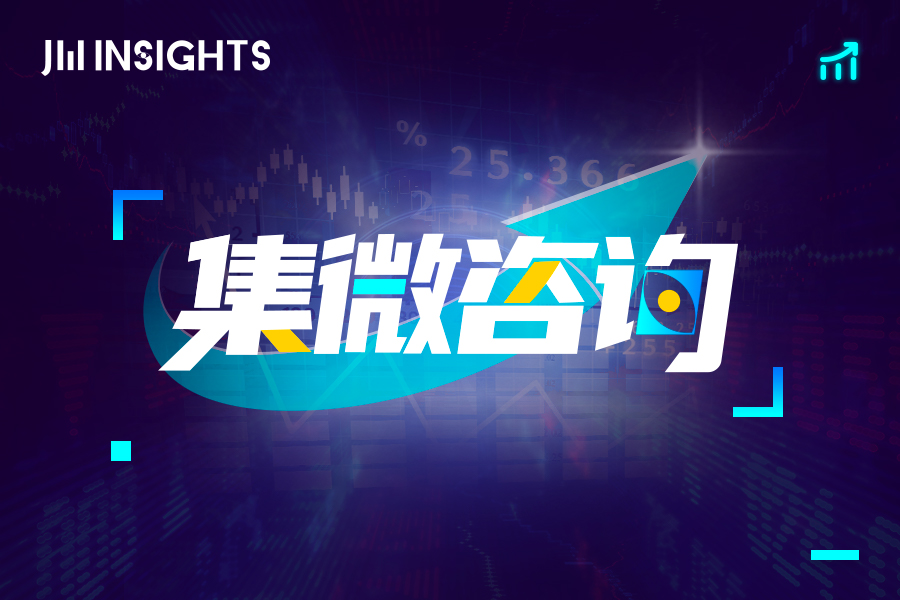
By Kate Yuan
(JW Insights) May 3 -- Chinese institutional investors become more rational about investing in the semiconductor industry caused by factors including weak market demand and destocking pressure. Their cautious attitude may be better for the industry in the long run, according to a JW Insight analysis report on April 27.

The heavy investment has elevated the heat of the semiconductor industry in the past years. But when it cooled down, especially the weak consumer demand began to spread to the upstream companies from the second half of 2022, these funds started withdrawing from the industry.
The financing situation was bleak for semiconductor industry in Q1 2023 with investment in IC design down by 44% from the last year. In March 2023, only 32 financing deals were reached and decreased by 43% year on year. The total amount was RMB2 billion ($289.25 million), slumping by 72% over the previous year.
The consumer electronics market is still struggling entering 2023. The global intelligent market fell by 12% year on year in Q1 2023, marking the fifth consecutive quarter of decline, a Canalys report showed.
The downturn of the semiconductor industry shows no sign of ending, either. The global semiconductor sales totaled $39.7 billion in February 2023, down 4.0% from $41.3 billion in January 2023 and down 20.7% from $50 billion in January 2022, SIA reported.
Destocking is semiconductor companies' biggest problem, whether at home or abroad. “The market demand for smartphones and computers is still weak in Q1 2023 and the whole industry is in the stage of destocking, with no clear signs of short-term recovery. Investment institutions should focus more on areas where underlying technology can innovate,” the JW Insights report said.
"The investment in 2023 is more conservative than that in 2022, and it is difficult to recover to the same level in the short term. But the market is gradually stabilizing," it added.
In 2023, the demand for consumer electronics such as smartphones and PCs is expected to bottom out and rebound. Industrial upgrading will drive the rapid penetration of new products.
Canalys predicted that the inventory of the entire smartphone industry will reach a relatively healthy level by the end of Q2. But it is still too early to say whether overall consumer demand will recover.
The wafer foundries are expected to improve their production capacity and reduce the cost pressure of chip design, improving its profitability and performance.
In addition, the inventory of some segmented industries have begun to decline as of October 2022. In the second half of 2023, that of the whole industry is expected to return to a healthy level.
Professional investors still firmly believe that semiconductor is the best choice in hardware technology despite the twists and turns. Returning to rational investment can give the industry a better future, the JW Insights report said.
High-quality companies are able to obtain more resources in a rational investment environment. In 2022, analog chips, semiconductor materials, logic chips and semiconductor equipment were popular fields for investors, taking up about 45% of all financing deals, according to JW Insights.
The investment logic remains unchanged in 2023. The increasing demand for EVs, new energy, AI, and related fields will also attract more capital attention. At the same time, data centers, servers, and automobiles still have a high demand for computing chips.
"Fields concerning domestic substitutes and intelligent upgrades are expected to become hot in 2023,” the JW Insights report said.
Taking March 2023 as an example, logic chips, semiconductor equipment, and optoelectronic devices got closer attention, each with four financing deals, accounting for 13% respectively.
Most of the mid-to-low-end and some high-end areas of IC design, manufacturing, packaging and testing have seen domestic substitutes coming up. However, there are still many challenges in semiconductor equipment and materials, core components,, and raw materials, which also mean opportunities. Those related companies have good investment value.
Meanwhile, third-generation semiconductors, smart cockpit/driving chips, automotive MCUs, computing power chips, and high-end memory areas are still worth investing in because of the growth of new energy and automotive electronics, concluded the JW Insights report.
RELATED
-
Chinese leading Wi-Fi FEM provider Kxcomtech debuts on Shanghai Stock Exchange STAR Market with a 178.67% surge on the first day
11-17 14:13 -
Senior IC institutional investor Chen Yu points to more opportunities in AI chips and equipment in 2024
11-16 16:12 -
Chinese GPU startup Moore Threads completes B+ round of funding
11-16 15:17
READ MOST

No Data Yet~







